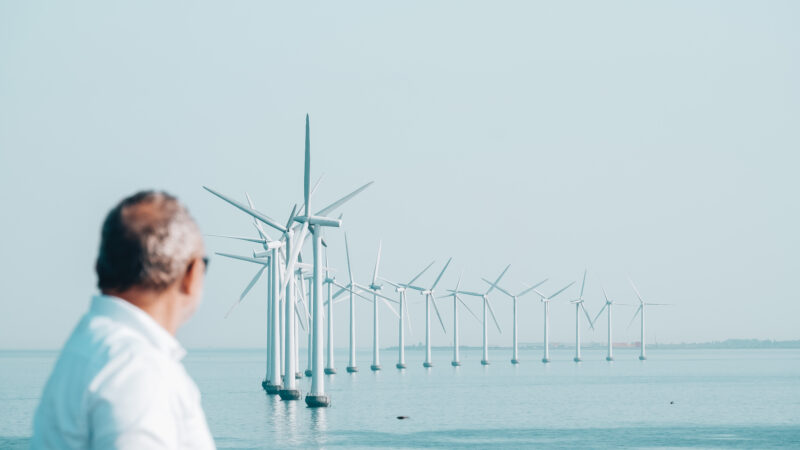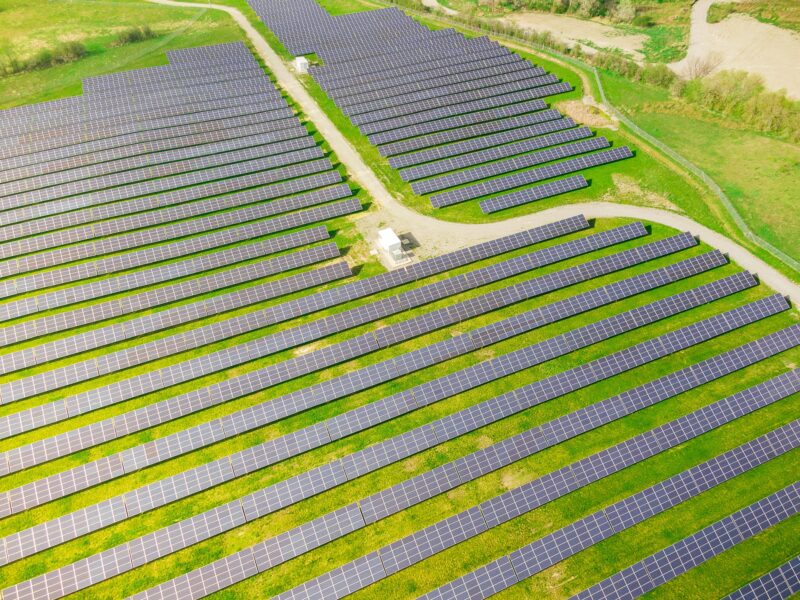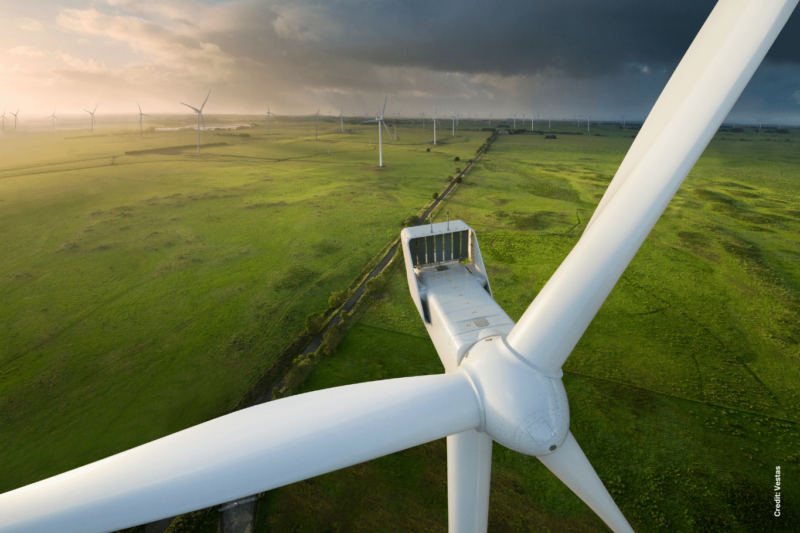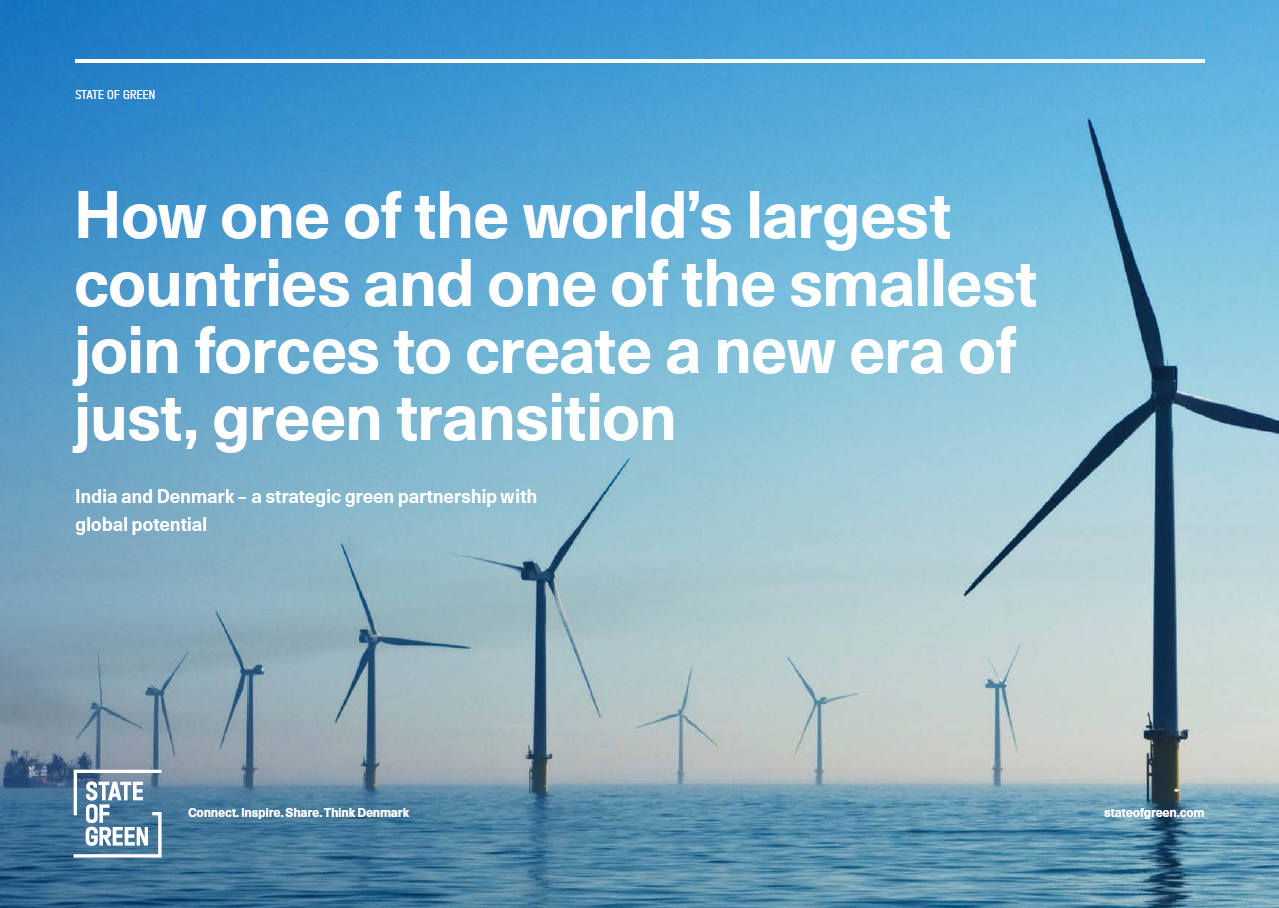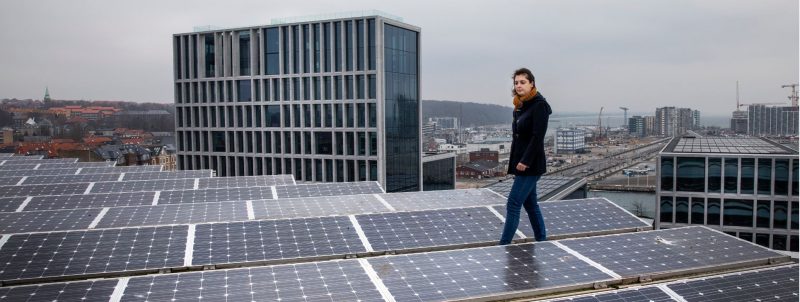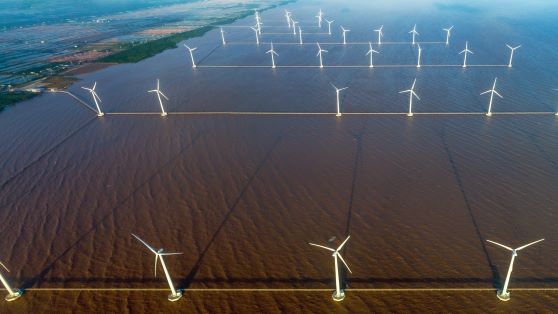News
Photovoltaics
SCADA International aspires to lower the cost of green energy with their new Solar PV Data Tag-List
SCADA International has released a Solar PV Data Tag-List in their course of promoting uniformity across various communication protocols within the renewable energy sector.
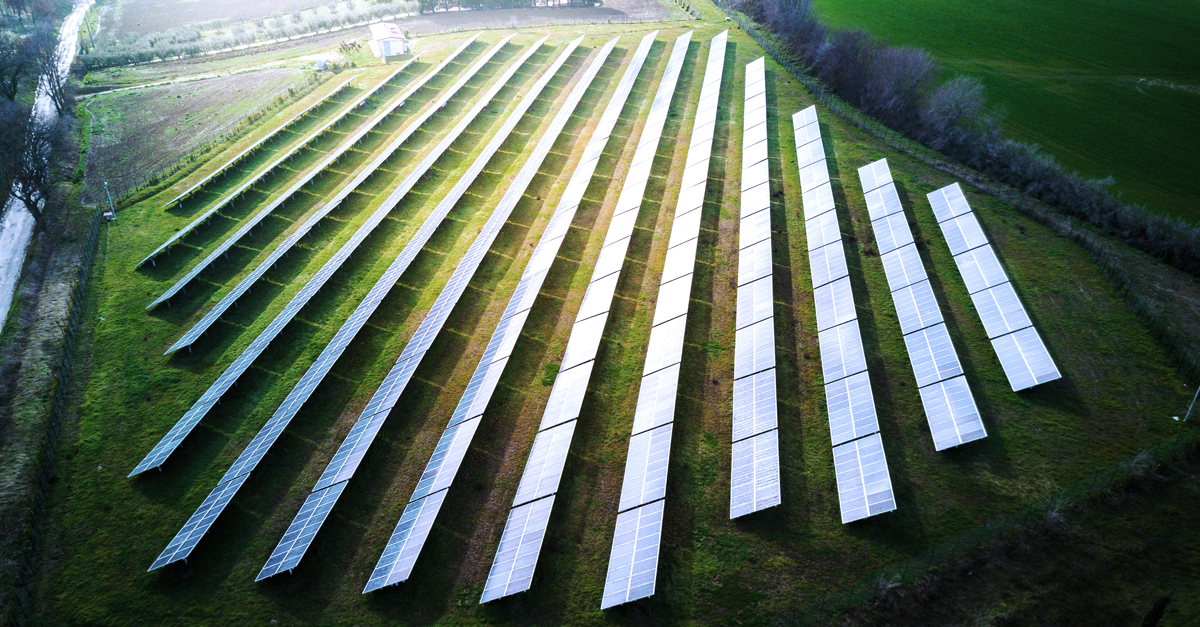

11 August 2022
You should consider reading
Photovoltaics
